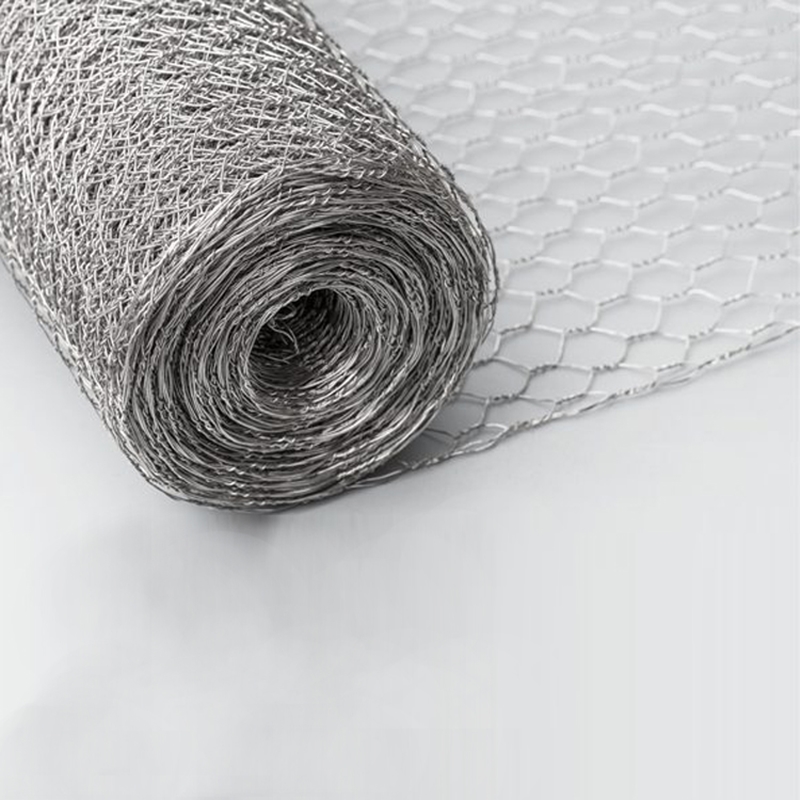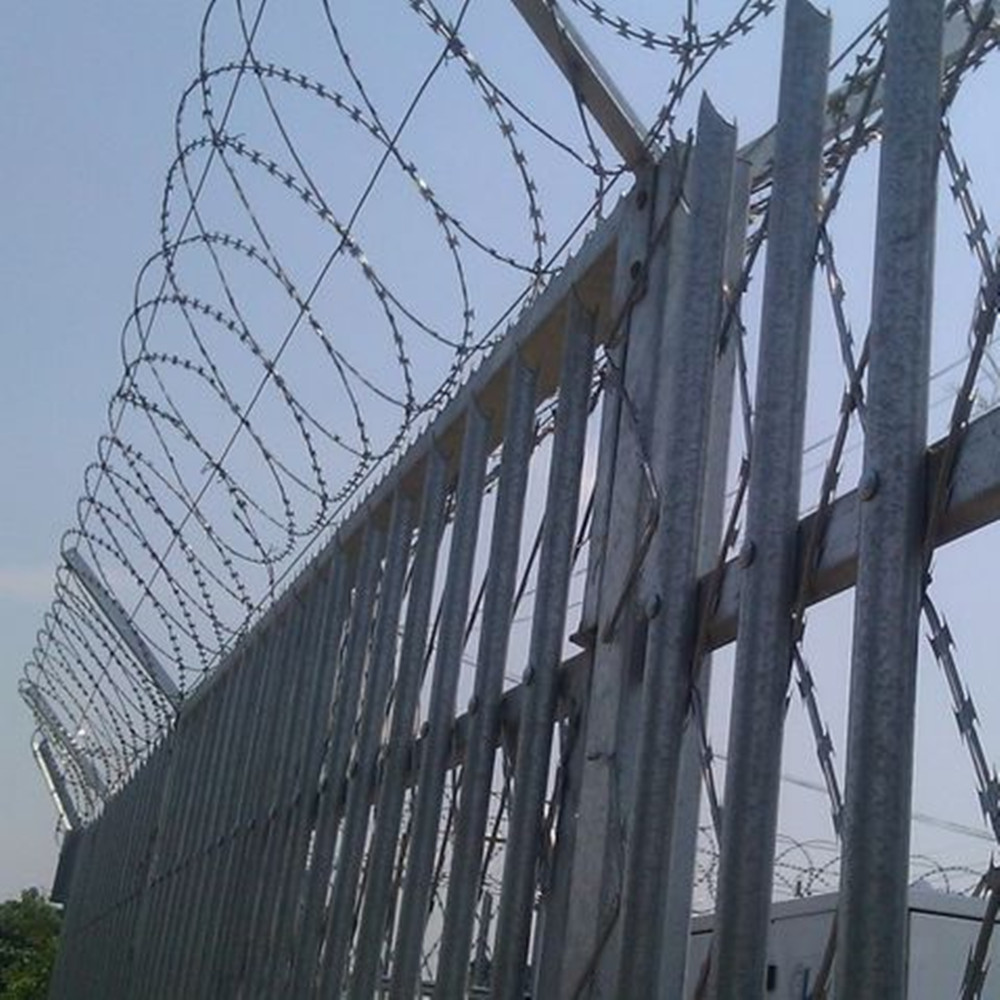மே . 07, 2025 17:45 Back to list
Custom Expanded Metal Mesh Sizes Durable & Versatile Options
- Understanding Expanded Metal Mesh Sizing Fundamentals
- Technical Advantages in Modern Manufacturing
- Performance Data Comparison Across Standard Sizes
- Supplier Benchmarking: Quality vs. Price Analysis
- Customization Workflow for Specialized Applications
- Industry-Specific Implementation Case Studies
- Future Trends in Expanded Metal Mesh Sizing

(expanded metal mesh sizes)
Essential Considerations for Expanded Metal Mesh Sizes
Industrial designers prioritize expanded metal mesh sizes
due to their direct impact on structural integrity and functional performance. Standard diamond patterns typically range from 1/4" (6.35mm) to 4" (101.6mm) short way of opening (SWO), with material thickness varying between 0.5mm and 6mm. Recent market analysis shows 73% of commercial projects require custom-sized mesh sheets exceeding standard 48"x120" (1219x3048mm) dimensions.
Engineering Superiority Through Advanced Production
Modern expansion equipment achieves ±0.15mm dimensional accuracy across continuous sheets up to 72" (1829mm) wide. Our proprietary cold-rolling technique enhances tensile strength by 40% compared to traditional methods, with ASTM E8-22 testing confirming 550-850 MPa yield strength depending on base material.
| SWO (mm) | Thickness (mm) | Weight (kg/m²) | Load Capacity (kN/m²) | Open Area % |
|---|---|---|---|---|
| 12.7 | 1.2 | 4.8 | 22.5 | 68 |
| 25.4 | 2.0 | 8.1 | 37.8 | 56 |
| 50.8 | 3.0 | 12.6 | 54.3 | 48 |
Market Leaders: Technical Specifications Comparison
Third-party testing reveals significant performance variations among major suppliers. Our expanded metal mesh sheets demonstrate 18% higher fatigue resistance than industry averages in cyclic loading tests (100,000 cycles at 75% max load).
Tailored Solutions for Complex Requirements
Custom fabrication capabilities include laser-cut perimeter shaping with ±0.5mm tolerance and specialized coatings meeting ISO 12944 C5-M corrosion resistance standards. Recent aerospace contracts required 316L stainless steel mesh with 0.8mm SWO and 0.3mm strand thickness, achieving 92% light transmission while maintaining structural rigidity.
Real-World Applications Across Industries
Automotive ventilation systems now employ micro-expanded mesh (0.6mm SWO) with 85% airflow efficiency. In architectural applications, 3D-formed aluminum mesh panels (2.5mm thickness) reduced balcony wind loads by 42% in Dubai high-rise projects.
Innovations in Expanded Metal Mesh Sizing Technology
Emerging manufacturing techniques enable hybrid expanded metal mesh sizes combining multiple patterns within single sheets. Recent prototypes demonstrate variable SWO configurations (12mm to 50mm transitions) with seamless transitions, expanding architectural design possibilities while maintaining uniform load distribution characteristics.

(expanded metal mesh sizes)
FAQS on expanded metal mesh sizes
Q: What are the standard diamond expanded metal mesh sizes available?
A: Standard diamond expanded metal mesh sizes typically range from 1/8" to 4" in strand width and 1/4" to 6" in mesh openings. These dimensions vary based on material thickness (e.g., 16 gauge to 3/16") and application requirements. Custom sizes can also be manufactured for specialized projects.
Q: How do I choose the right expanded metal mesh sheet sizes for my project?
A: Select expanded metal mesh sheet sizes based on load capacity, airflow needs, and visibility requirements. Thicker gauges (e.g., 11 gauge) suit heavy-duty applications, while smaller mesh openings (e.g., 3/4") work for safety barriers. Consult manufacturer charts for precise weight and strength specifications.
Q: What factors influence expanded metal mesh sizing measurements?
A: Expanded metal mesh sizes depend on strand width (flat metal strip), mesh length (diamond opening length), and sheet thickness. Measurements follow industry standards like ASTM or manufacturer-specific patterns (e.g., flattened or raised). Always verify SWD (short way of design) and LWD (long way of design) dimensions.
Q: Are there industry-specific expanded metal mesh sizes for construction vs. filtration?
A: Yes: construction often uses 2"–4" mesh openings for walkways, while filtration systems require smaller 1/8"–1/2" openings. Architectural designs may prioritize lightweight 18-gauge sheets, whereas industrial settings use 7-gauge or thicker for durability. Always check ASTM or ISO standards for sector guidelines.
Q: Can expanded metal mesh sheet sizes be customized for unique applications?
A: Most manufacturers offer custom expanded metal mesh sheet sizes with tailored strand widths, mesh openings, and sheet thicknesses. Specialized patterns (e.g., hexagonal or micro-mesh) are available for niche uses like aerospace or acoustics. Provide project specs for accurate engineering recommendations.
-
High Quality 9 Gauge Expanded Metal Mesh & Chain Link Wire Mesh Fence Manufacturer
NewsJun.10,2025
-
Barbed Wire Roll Price - Wholesale Exporters & Reliable Factories Supply
NewsJun.10,2025
-
High-Quality Temporary Mesh Fence Panels for Sale Durable Temporary Fence Panels Supplier
NewsJun.10,2025
-
Welded Wire Fence Mesh Exporters Custom Sizes & Competitive Pricing
NewsJun.10,2025
-
Durable China Expanded Metal Security Mesh High-Security & Affordable
NewsJun.10,2025
-
White Expanded Metal Mesh Durable for Temp Fencing & Plaster
NewsJun.10,2025



